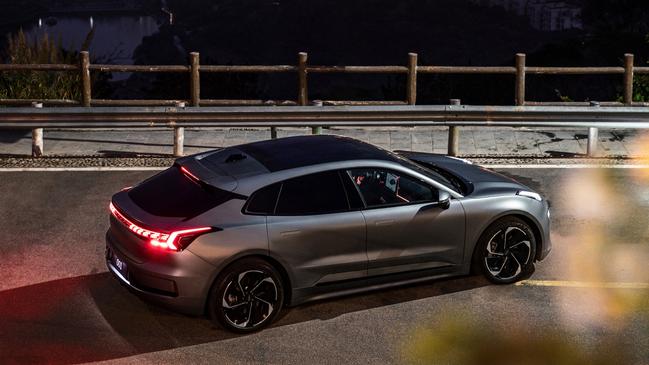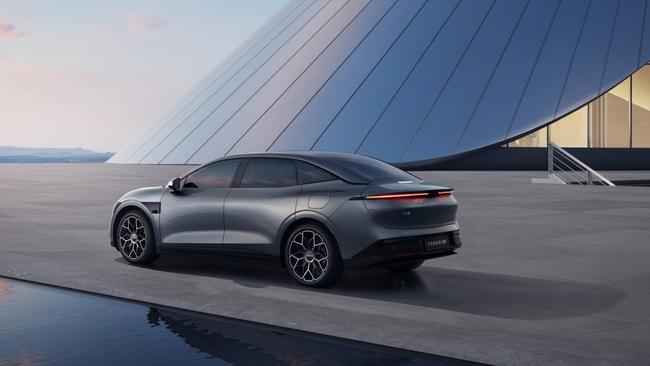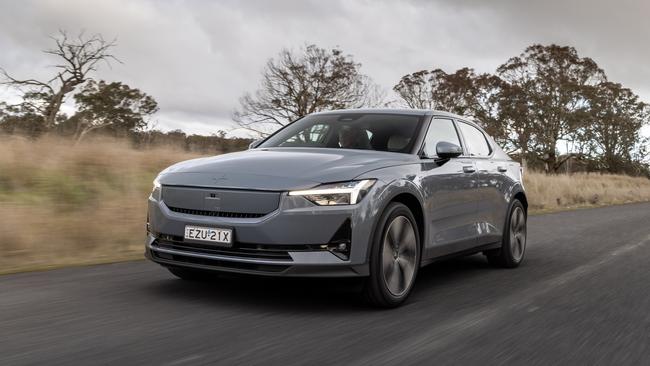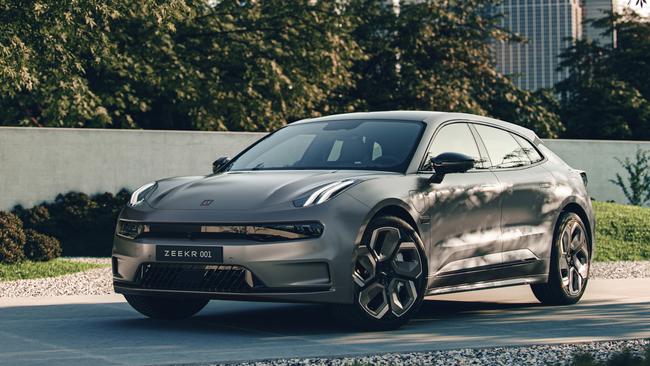New tech to fix big issue with electric cars
Nearly every car maker on the planet is rolling out EVs, but none have been able to solve a huge issue with the vehicles. This could change soon.

A car making giant is close to solving one of the biggest issues with electric cars: charging time.
Chinese company Geely has revealed a new battery that can charge at an astronomical rate, adding 500km of range in 15 minutes.
Geely might not be well known in Australia but it owns popular brands Volvo and Polestar.
Initially the battery will be fitted to the Zeekr 007 that will be sold in China and then Europe.
It is likely the battery tech will find its way into Australian versions of Volvo and Polestar electric vehicles in the future.

The new battery can accept a charge rate of up to 500kW. Currently the highest rate of charge offered on an electric car is 350kW by Hyundai, Kia and Porsche.
The battery uses 800-volt charging architecture that is double most EVs and the same as in the Hyundai, Kia and Porsches.
The problem is there is no fast charger available that can pump out that rate of charge. The fastest superchargers are only able to output 350kW of power.
Zeekr is rolling out a network of superchargers in China, but even those can only send 360kW of power, well short of the new battery’s potential.

It’s a lithium iron-phosphate battery – otherwise known as LFP – that doesn’t use cobalt, which is generally sourced from the Congo where child labour is reported.
Tesla and BYD also use LFP batteries in their vehicles.
Geely says they have managed to increase the energy density of the battery thanks to a new structure and materials.
The new battery tech could bridge the gap to solid state batteries that are in development by several major car makers including Toyota.
In simple terms, a solid-state battery is smaller, faster to charge, more energy dense and less likely to catch fire than current batteries. That’s because the battery uses a solid electrolyte instead of a liquid or gel.

These solid state batteries could deliver a driving range of up to 1000km on a single charge.
Many car makers are aiming to roll out solid state batteries by 2026.
Originally published as New tech to fix big issue with electric cars



